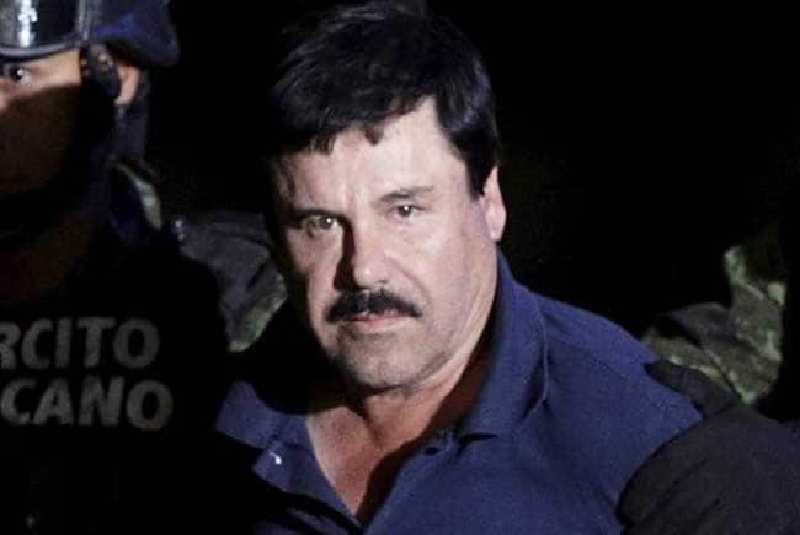×
The Standard e-Paper
Stay Informed, Even Offline

Mexican drug kingpin Joaquin "El Chapo" Guzman. Allegedly, Guzman bribed ex-Mexican public security minister, Genaro Garcia with 6-8 mn dollars stuffed in suitcases and delivered in a hotel. [Courtesy]
Tales of millions of dollars of bribe money stuffed in suitcases -- told during the trial of notorious Mexican drug kingpin Joaquin "El Chapo" Guzman -- have shone the spotlight on corruption in the country, which experts say is endemic.